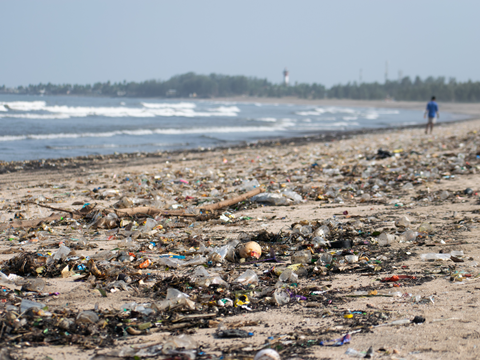
An investigation from Greenpeace accuses members of the Alliance to End Plastic Waste of producing over 1,000 times more plastic than they have cleaned up in its first five years, yet the Alliance argues that there is ‘no factual basis’ for the greenwashing allegations it faces.
Founded in 2019, the Alliance is a non-profit organization founded and funded by companies across the plastics and consumer goods value chain. Originally, it pledged to invest $1.5 billion into its activities, which included removing 15 million tonnes of waste from the environment over five years.
Yet Unearthed, an independent journalism team at Greenpeace UK, cites the organization’s latest progress report – arguing that it has only provided $375 million in funding and collected 119,000 tonnes of plastic waste since it was established.
Regarding its failure to meet its collection target, an Alliance spokesperson told Packaging Insights that the goal was “too ambitious”.
Conversely, Unearthed goes on to allege that Shell, ExxonMobil, TotalEnergies, Chevron Phillips, and Dow – all major companies in the Alliance’s executive committee – produce more plastic in two days than the Alliance has collected in its first five years.
The five companies produced 132 million tonnes of polyethylene and polypropylene between 2019 and 2023, according to figures from consultancy Wood Mackenzie. This data does not include other plastics like PET and polystyrene.
ExxonMobil, TotalEnergies, and Shell have reportedly added 5.6 million tons of capacity for plastic production since 2019, which represents an increase of 20% for the five companies in question. Apparently, Shell has doubled its potential to produce plastics by opening a polyethylene facility costing ten times the amount the Alliance pledged to spend on cleaning the environment.
Unearthed adds that the expansion shows no signs of slowing, with ExxonMobil set to open a petrochemical complex in China next year and bring at least 2.5 million tons of polyethylene and polypropylene capacity online.
“The recycling schemes they’re promoting can barely make a dent in all the plastic these companies are pumping out,” Will McCallum, a co-executive director at Greenpeace UK, told the Guardian. “They’re letting the running tap flood the house while trying to scoop up the water with a teaspoon. The only solution is to cut the amount of plastic produced in the first place.”
Responding to the allegations, the Alliance states that it “respectfully disagrees with the allegations and inferences in the Guardian’s recent article, including that the organization’s purpose is to greenwash the reputation of its members. Those allegations and inferences have no factual basis.
“Instead, and as demonstrated by the projects funded, the Alliance aims to accelerate innovation and channel capital into the development of effective and scalable solutions to help end plastic waste and pollution.
“To do this, we draw and benefit from the expertise and funding of our members across the plastics value chain including brands, waste managers, recyclers, and enablers, in addition to resin producers. No single organization can solve the plastic waste challenge alone and the Alliance is cognisant of the fact that we are just one among many stakeholders who contribute with solutions.
“In carrying out our work, we collaborate with governments, local communities, intergovernmental organizations, academia, and civil society. Recognizing that solutions are needed across the value chain, our mandate is to identify solutions that support the collection, sorting and recycling of plastic waste and promote a circular economy for plastics. We do this by testing solutions in countries around the world.
“These solutions are typically at the edge of what is currently possible, either because they take place in areas where there is high leakage of waste into the environment, are in emerging economies with nascent waste management systems, involve new technology, innovative business models, novel financing mechanisms, or a combination of all of the above.
“We fund a portfolio of projects of different sizes and nature with the objective of helping to solve the plastic waste challenge as well as developing learnings for future activities. As with any portfolio, we recognize projects may not work perfectly or achieve the same level of success.
“If these projects were easy, we would not be fulfilling our purpose of developing new solutions. Accordingly, we not only measure our progress by volume, but also through the funding of projects and the advancement of solutions that we believe have the potential to scale.
“The Alliance has the same level of access as any other organization to policymakers. As an accredited business and industry observer to UNEP and UNFCCC, the Alliance is an observer to the climate COP, INC meetings and other forums. Moreover, the information we share with governments and others is publicly available.
“The Alliance remains committed to working holistically with multiple stakeholders to identify solutions to address the challenges of global plastic waste pollution and to transition to a circular economy for plastics.”
We recently spoke to Justin Wood, vice president and head of Europe, Middle East & Africa at the Alliance to End Plastic Waste, about the United Nations’ negotiations for a global plastic treaty. Although he acknowledged that “there is no one-size-fits-all solution to ending plastic waste in the environment”, he stated that, upon the agreement of an international, legally binding instrument, “the Alliance sees our role as one focused on implementation and working quickly to convert the agreement into on-the-ground progress that tackles plastic waste”.
In another controversial move, fellow Global Plastics Treaty contributor Unilever has revised its original target to halve its virgin plastic consumption by 2025, now aiming to cut one-third by 2026. Critics denounced the decision as a business move motivated by finance over concern for the environment, with fears arising that 100,000 tons of fresh plastic could be produced every year. However, others felt that the move was a pragmatic, realistic one.
Meanwhile, Greiner Packaging and Plastic Bank previously extended their partnership to collect plastic waste in the Philippines. Since the project began in 2019, the equivalent weight of over 30 million plastic bottles has apparently been collected from coastal areas, benefitting 1,660 people across 137 communities.
If you liked this story, you might also enjoy:
The ultimate guide to the Packaging and Packaging Waste Regulation in 2024
How are the top brands progressing on packaging sustainability?
Sustainable Innovation Report 2024: Current trends and future priorities
Everything you need to know about global plastic sustainability regulation


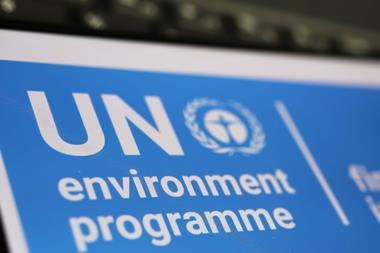
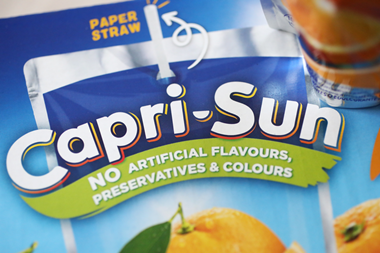
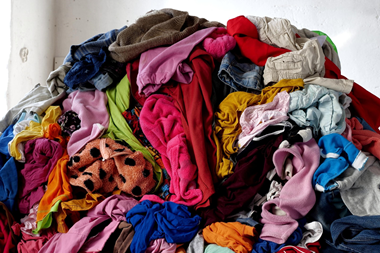
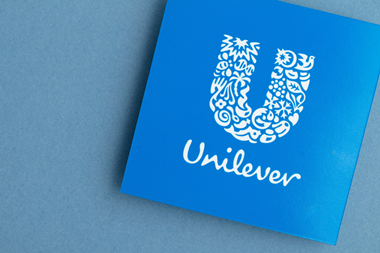
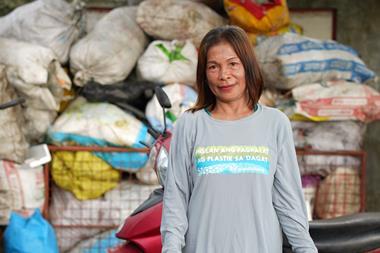
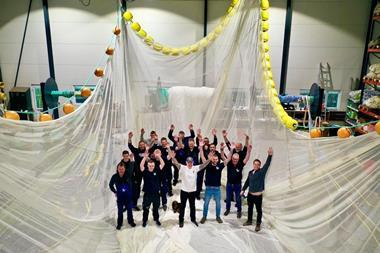
No comments yet